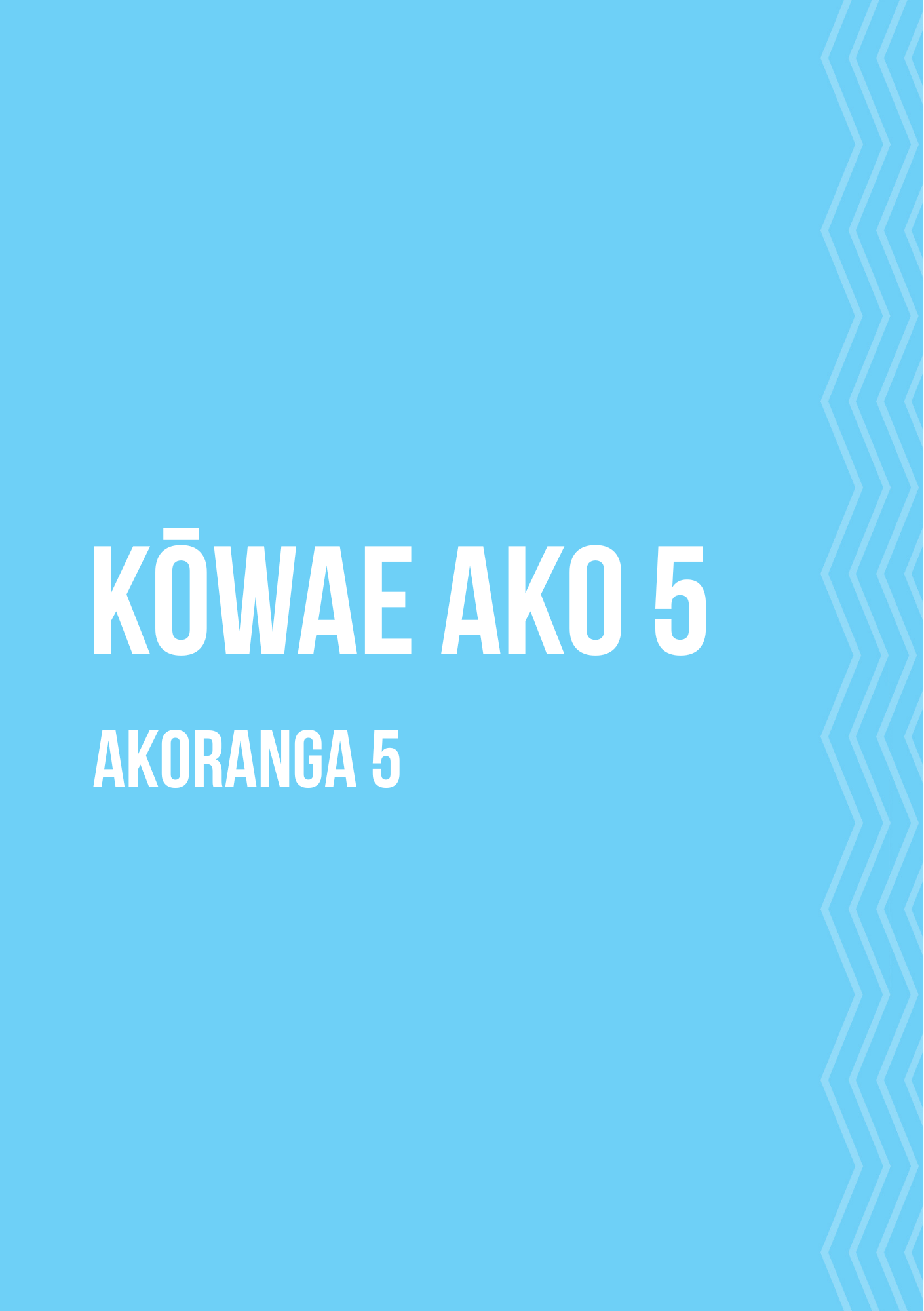Introduction
If we could imagine what decolonisation is, we must start with our minds. Bob Marley’s iconic “Redemption Song” paid tribute to civil rights leader Marcus Garvey’s speech, The Work That Has Been Done. Garvey stated, “We are going to emancipate ourselves from mental slavery because whilst others might free the body, none but ourselves can free the mind. Mind is your only ruler, sovereign.” (Garvey, 1938).
There is a tension, by using the term decolonisation we place the coloniser at the centre. "In the Aotearoa/New Zealand context Moana Jackson has called this reMāorification" (p. 70. Elkington, et al. 2020). others use the term indigenisation or both in the same hā.
As Dr Ngahuia Murphy puts it, "decolonisation to me is about healing, clearing, releasing, transforming, remembering, reviving and reasserting the pathways of our tīpuna (ancestors)". According to Ocean Ripeka Mercier ""Strengthening pre- and extra-colonial ways is important because it provokes a shift in the dominant voice, message and medium. Revitalisation calls for redirection of focus and effort, allowing suppressed knowledges to be untangled and freed. These can be expressed and reclaimed in many ways". (p. 19. Elkington. et al, 2020).
Taking time to read through this book is highly recommended. 'I personally found it answered many paatai I had about colonisation, decolonisation, indigenisation, constitutional transformation while also weaving puuraakau I saw myself in as a Maori waahine', Trina.
This pdf has been provided for use in this kaupapa it is not to be shared, instead we encourage you to purchase your own copy. An e-book is available through Bridget Williams Bookstore for $4.99.
https://www.bwb.co.nz/books/imagining-decolonisation/
He aha/What: To imagine a decolonised Aotearoa/New Zealand.
Whāinga/Aim: To reflect on opportunities to realise transformation, decolonisation and indigenising the spaces that surround us.
Wā/Time:19 minutes video only
➡️ Next: Mana Waahine.

